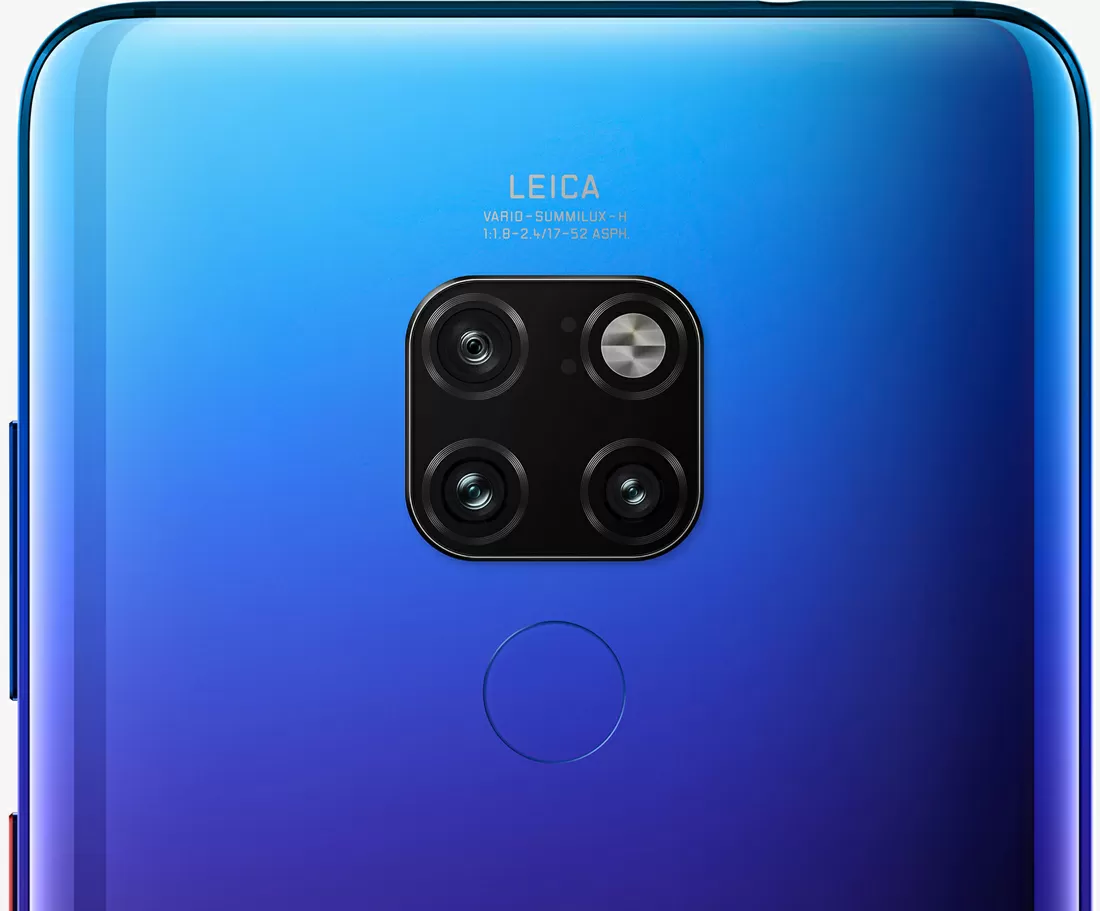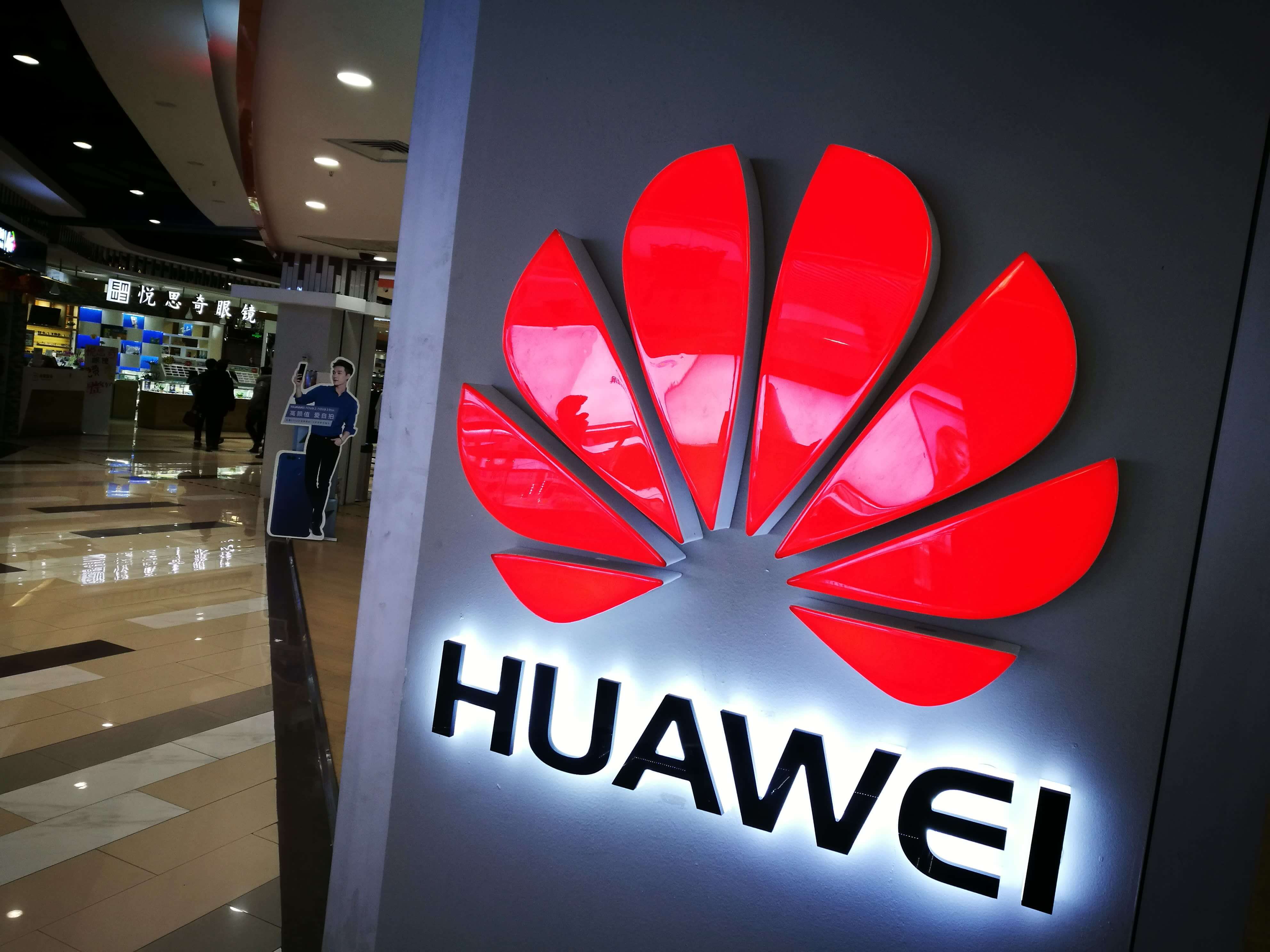What just happened? It appears that more companies are complying with the ban that prohibits them from doing business with Huawei. The latest of these are Microsoft, which has stopped selling the Huawei MateBook X Pro on its online storefront, and Arm Holdings, whose designs feature in 95 percent of the world's smartphones.
Following President Trump's national emergency declaration that effectively bans US companies from buying and using telecoms equipment from "foreign adversaries," along with Huawei being added to an 'Entity List' barring it from doing business with American firms without government approval, top tech names have been cutting ties with the world's second-largest smartphone firm.
After Google initially revoked Huawei's Android license, thereby restricting it to using the Android Open Source Project (AOSP), the US Commerce Department granted a 90-day reprieve allowing Google to continue providing security patches and software updates to Huawei devices.
A new development saw the Huawei MateBook X Pro listing removed from Microsoft's store---you can see the cached version here---suggesting the Redmond firm is complying with the government ban. Microsoft retail stores will keep selling the laptop, which is one of the best-reviewed models on the market, until stock is depleted.
While Microsoft has refused to confirm or deny if it will stop Huawei from obtaining Windows licenses, the situation isn't looking good for the Chinese giant. While it has been working on Windows and Android replacement operating systems, it's unclear how far along these are and how much consumers would be willing to use them.

Other companies reportedly severing ties with Huawei include British IP vendor Arm, which is affected by the ban as its chip designs contain "US origin technology." Last year we were reporting of a triumphant Huawei who had beaten Qualcomm to make the first 7nm SoC with its own Kirin 980. However, that chip is based on Arm's Cortex-A76 and Mali-G76 technology which now makes it a no-go if the ban continues to be enforced in full.
UK mobile carrier EE, meanwhile, has dropped Huawei phones from its 5G network launch in the country.
